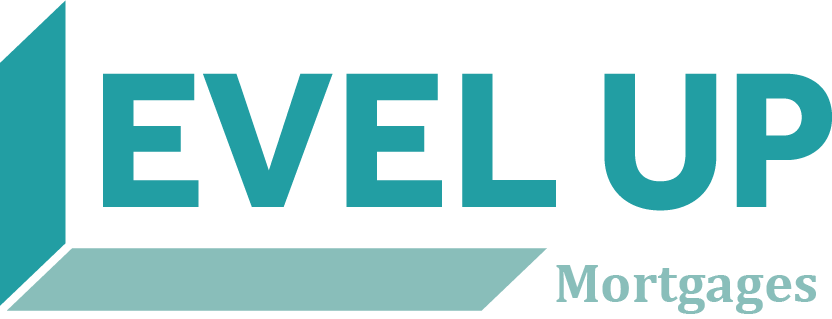Economics 101: Learning How Inflation Affects Mortgage Rates
If you ask an economist about inflation, she would tell you that it is not entirely a bad thing. She might immediately go to a lengthy discussion about cost-push and demand-pull inflation, which the latter might be an indicator of a robust economy.
However, the ordinary person generalizes things and sees inflation as bad. This belief is understandable considering that this economic condition means that their money has less spending power. With that said, how can inflation affect mortgages?
If you have an existing mortgage, you should continue reading this article. It will help you plan for your finances in the next couple of months and if there is a need to consider alternative lending.
The Relationship between Inflation and Mortgage Rates
If you want an oversimplified version, inflation means that the cost of almost everything has increased. It includes the interest rates on mortgages. If the government does not intervene, the value of our money can drop sharply. Thus, creating a recession.
As mentioned earlier, inflation can be a good thing within 2%. The Bank of Canada establishes an overnight rate, which is the lending cost of banks. If this rate goes up, financial institutions might increase their interest rates. When this happens, the public is less likely to borrow money.
If there is a higher demand for loans, the prime rate might increase. This rate is the basis for mortgage rates. Let us say that the variable mortgage rate is at 1.3%. If the prime rate is 3.2%, you will pay 1.9%.
However, you would not be directly affected if you availed of a housing loan with fixed mortgage rates. The bond yields would impact your mortgage costs.
Should I Switch from Variable to Fixed-Rate Mortgages?
It would be best to ask yourself this question to prepare yourself for inflation. If you switched, this move would help you from the rising costs. However, please remember that you will not be getting any savings because bond yields are influenced by inflation.
What Should I Do to Prepare for Inflation?
If you are concerned about your mortgage rates, you need to investigate the alternatives. You should study the market because other types of loans are available, like fixed-rate and variable-rate mortgages. The right option can depend on your budget and your current financial situation.
If you have a stable monthly income, you will be able to decide on a fixed-rate mortgage or a market-linked mortgage. A fixed-rate mortgage would give you peace of mind considering that you know the exact amount of your monthly payments. However, you might not benefit from interest rate savings because this current period is when interest rates are on the rise.
It would be prudent to talk to a seasoned mortgage broker before committing to any changes. There is no need to panic because there is a possibility that rates might go down again. However, if you start planning for inflation, you will be able to ride the waves of the economy smoothly.
THE BOTTOM LINE
We can never predict the future. The best thing we can do is to be prepared for the upcoming economic conditions. If you are concerned about your current financial status, speak with a mortgage broker. He can help you decide on the best loan program for you.
You should consult Level Up Mortgages about availing of loans. Level Up Mortgages supports homebuyers and homeowners in attaining success in their mortgage journey with mortgage strategy, digital mortgage education, and introductions to all the other experts you need to succeed in home buying and your personal finance. To assist homebuyers and homeowners in purchasing or refinancing new homes, we work with premier banks and best-rate mortgage lenders in British Columbia and Ontario. As a seasoned mortgage broker in Canada, we can give you detailed information about variable and fixed-rates mortgages, so that you can make an informed decision. So book a consultation now!
